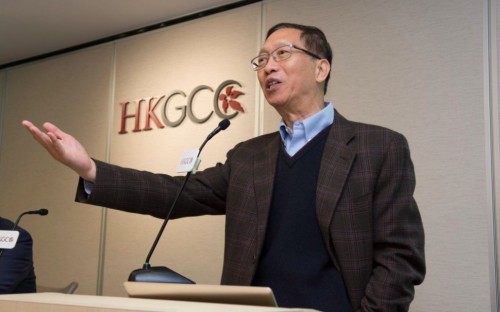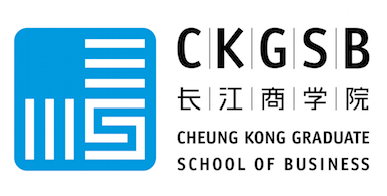China accounts for the largest number of international applications to business schools in both the US and Canada. In Europe, only India provides more internationals than China—according to data from the Graduate Management Admission Council (GMAC).
While huge numbers of Chinese MBAs go abroad to study each year, now, increasingly, MBA applicants are looking at business schools within China’s borders too.
In fact, interest in China-based MBA programs—from domestic and international applicants—is on the rise. Why?
First, in the past few decades China’s business schools have developed to match their western counterparts in terms of curriculum, career opportunities, and prestige. China’s schools have a firm footprint in most global MBA rankings tables.
Second, more and more overseas-born Chinese are returning to their ancestral home to study and find work. In 2016, over 432,000 graduates returned home—mainly American-born Chinese, or ‘ABCs’—up 22% from 2013. The majority were attracted by China’s booming tech industry.
Business schools like Beijing’s Cheung Kong Graduate School of Business (CKGSB) are seeing more experienced Chinese professionals join their ranks from abroad, their career progression limited by a ‘Bamboo Ceiling’ in Silicon Valley and Wall Street.
They join a stellar network. CKGSB boasts Alibaba founder, Jack Ma, as one of its elite alums. The school’s CEO and chairman-level alumni collectively lead one fifth of China’s most valuable brands. During CKGSB’s English-language MBA program, post-grad students are paired with executive-level mentors from an industry of their choice.
At Cheung Kong Graduate School of Business, MBA applications are up, with the numbers of people registering interest in the program in their thousands. China’s MBA programs have been impacted by generational changes too.
Generation Z demand a faster turnaround. They want to do things quicker and see the results immediately—that’s why there’s a trend towards shorter MBA programs in China. CKGSB’s MBA program comes in an innovative 14-month format, somewhere in between the traditional two-year program in the US and the intensive one-year or 10-month options popular in Europe.
In line with China’s rapid advances in tech, CKGSB has just updated its MBA curriculum too. This year, the school is launching new MBA electives covering hot topics like artificial intelligence (AI), fintech, and blockchain.
A six-week MBA elective, Machine Learning and AI for Business Applications—delivered by marketing professor Sun Baohong—will cover how technologies like AI and big data analytics are used in business today. Cutting-edge technologies like AI and virtual reality (VR) will be used in the class.
CKGSB has partnered with engineering schools—most recently, Columbia University’s Fu Foundation School of Engineering, UC Berkeley College of Engineering, and Technion Israel Institute of Technology—to provide its MBA students with the more technical knowledge sought-after by employers in China.
For some business schools in China, government regulation can be an issue. The Chinese government has imposed several restrictions on EMBA programs.
But Xu Chenggang, an award-winning economics professor at CKGSB, says there’s every reason to be positive. Cheung Kong Graduate School of Business is China’s leading independent business school. There, unlike any other school in China, says Xu, professors have real power. And now, a few more private business schools are starting to pop up across the country.
For Xu, more post-graduate students want to study in China because of that interest in, and demand for MBA talent from, the technology industry.
“My feeling is that MBA degrees are highly respected in China,” he says. “Although the government has tightened its control over state-owned universities in recent years, the market for business schools is huge and growing.”







